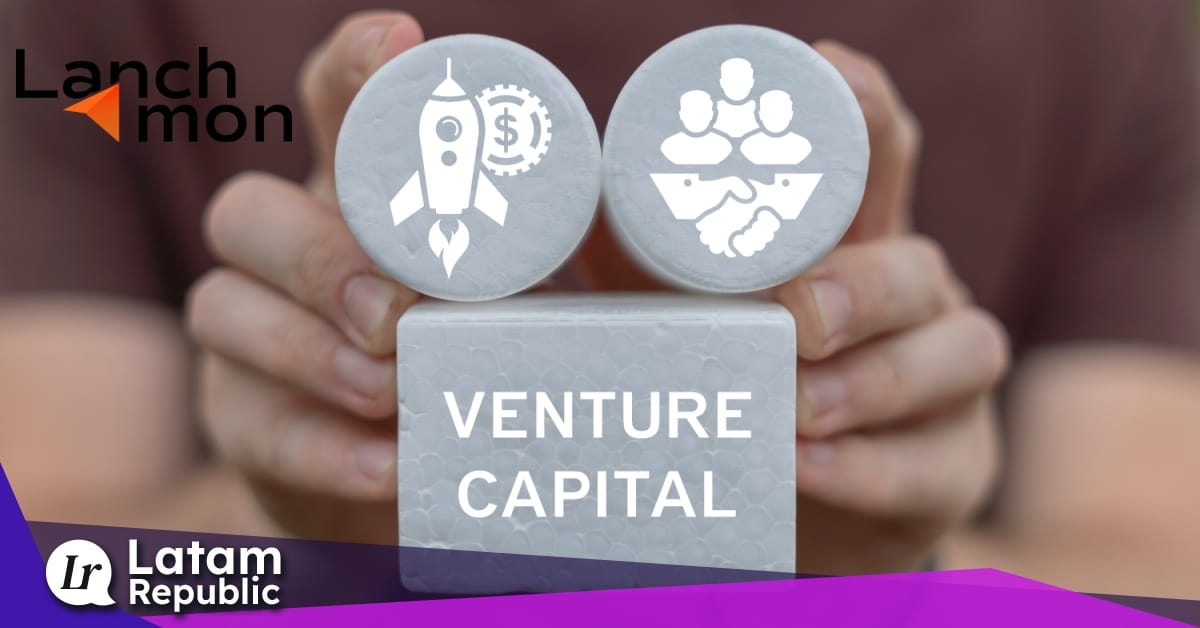The Venture Capital Landscape for Latam in 2024

The Venture Capital (VC) market has faced a challenging first half of 2024, characterized by minimal activity in initial public offerings (IPOs) and an economic environment shaped by global inflation, high central bank interest rates, and geopolitical tensions. According to the report ‘The 2024 US Venture Capital Outlook: Midyear Update,’ only 22 companies completed their IPOs by May, including four major tech IPOs valued at $17 billion.
This scenario highlights that despite some notable public offerings, the market remains vulnerable due to persistent inflation, which has exceeded the Federal Reserve's 2% target. This has reduced expectations for interest rate cuts, which in turn has slowed the U.S. economy, growing at an annualized rate of 1.3% in the first quarter of 2024.
Valuation Growth Challenges
Boris Lancheros, a venture capital expert and CEO of Lanchmon, a firm specializing in Venture Capital, states: "Private companies face significant challenges in achieving the desired valuation growth in a public market environment with declining multiples; many have opted to raise funds privately, reflecting a prudent strategy in times of high uncertainty."
This statement underscores the strategy many companies have adopted in response to market uncertainty: seeking private financing rather than relying on the volatile conditions of the public market. Although a few high-profile IPOs are expected later this year, a significant increase in public offerings is unlikely, forcing companies to explore more secure financing alternatives.

Projections for the Second Half of 2024
Despite the challenging start to the year, projections for the second half of 2024 suggest a possible favorable shift. This shift could be driven by anticipated lower interest rates and the increasingly important role of accelerators in the startup ecosystem.
Initially, it was expected that the Federal Reserve would make up to eight rate cuts during the year, but so far, rates have remained unchanged, with only a 0.25-point cut expected before the end of 2024. In this context, non-traditional investors have shown a preference for shorter-duration assets with higher rates and lower risk. For these investors to return to the VC market, a combination of lower interest rates, faster value creation, and an increase in exit activity will be crucial.
The Role of Accelerators
Accelerators play a vital role in this landscape, not only by providing capital, but also by helping Latin American companies raise their standards and become more competitive globally. Through mentoring, access to networks, and resources, accelerators enable startups to scale quickly and prepare for the demands of the international market.
"The impact of accelerators is reflected in the ability of startups to reach significant milestones in less time and to remain sustainable in the long term. This is particularly attractive to global investors looking for high-growth opportunities with lower risk. If these companies' preparation and competitiveness improve, accelerators will position them better to close deals and attract significant investments in a challenging market," explains Lancheros.
In an environment where seed-stage investments require higher metrics and reduced risk profiles, accelerators are raising the bar for startups. They provide a structured framework and specialized resources, ensuring that emerging companies in Latin America not only survive but thrive and compete effectively in international markets.




